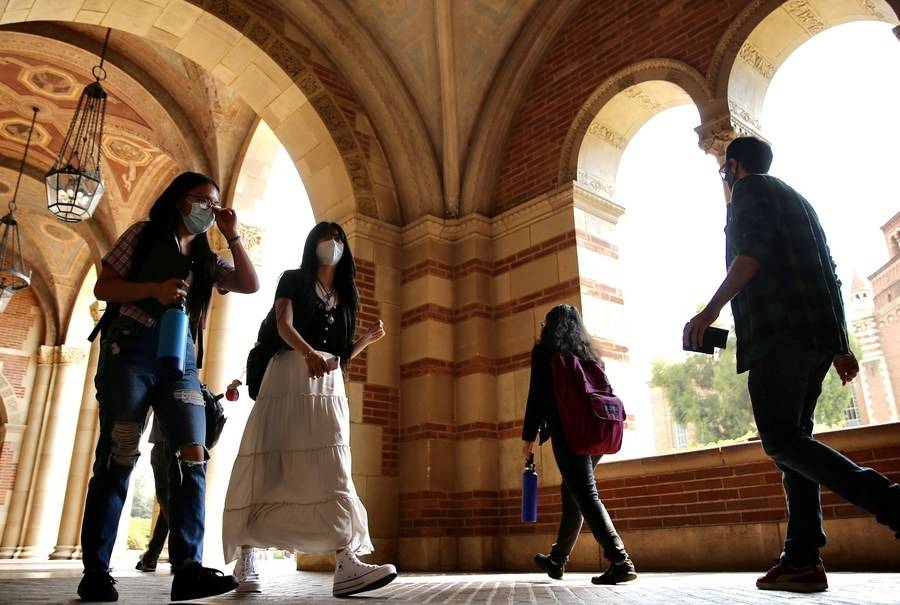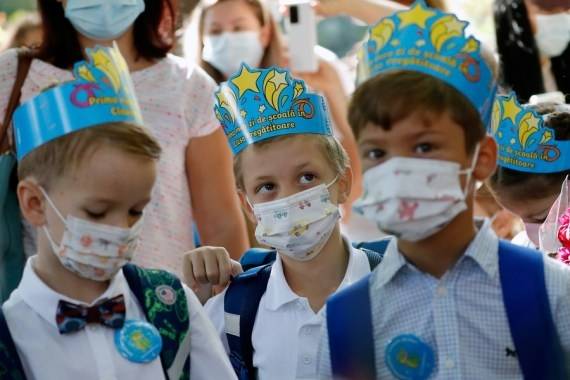German capital of Berlin has banned unvaccinated people from entering restaurants, bars, cinemas and other entertainment venues…reports Asian Lite News
With Europe now the epicentre of the Covid-19 pandemic, countries across the continent are introducing new measures to curb the resurgence, including several curbs for unvaccinated people.
Starting from Monday, the German capital of Berlin has banned unvaccinated people from entering restaurants, bars, cinemas and other entertainment venues, Xinhua news agency.
Moreover, outdoor events with more than 2,000 people will also be off-limits to unvaccinated adults.

German government spokesperson Steffen Seibert said on Monday that Chancellor Angela Merkel is urging the federal and state governments to pull together in the face of the worsening pandemic situation in Germany.
Meanwhile, in Austria, as of Monday unvaccinated people were only allowed to leave their apartments for essential reasons such as purchasing groceries, visiting a doctor or pharmacy, or going to work.
ALSO READ: Half of people in Europe have skin problems, finds study
Compliance with this measure will be strictly enforced, with fines up to 1,450 euros ($1,653) for those who break the rules, the Austrian government announced on Sunday.
The isolation measures will be in force for an initial period of 10 days, but Austrian Chancellor Alexander Schallenberg said the provinces could set even stricter rules if they wished.
The Austrian government is also considering the introduction of a nationwide curfew at night.

Meanwhile, Romania made it obligatory to wear masks in all public places and had already reintroduced a night curfew for unvaccinated people for a period of 30 days as of October 25.
Access to shopping centres, restaurants, theatres and all public buildings, as well as to all public activities and events will be restricted to persons with a digital green certificate.
The Dutch government has announced a partial lockdown for three weeks, with restaurants, bars and essential shops having to close at 8 p.m.
It has re-introduced mandatory social distancing of 1.5 meters in places where no coronavirus entry pass, negative test certificate or proof of recovery is required.
ALSO READ: S.Sudan could miss Covid vax target amid insecurity, flooding
The UK will extend the use of a third booster dose of a Covid-19 vaccine to residents between the ages of 40 and 49, with the aim of strengthening their immunity ahead of the cold winter months.
Currently, the third dose in the UK is available for citizens over the age of 50, those with health problems, and health workers who are in daily contact with the virus.
Meanwhile, Norway has announced that it will offer a booster dose vaccine dose to over-18s and give municipalities the option of using digital Covid-19 passes.
On Monday, the Cypriot cabinet also approved the administration of a booster vaccine dose to people over 18.
In France, a campaign will be launched at the beginning of December to encourage people aged between 50 and 64 to get the booster does. The country has also decided to toughen the conditions for entry to the territory.
With a significant increase of new Covid cases in Italy, the country’s Health Ministry is considering the extension of the Covid-19 health pass system until March, according to reports by the news agency Ansa.
In Denmark, the Covid-19 passport has been reintroduced in many establishments such as restaurants, cafes, hospitals and zoos. The age limit of the requirement for a Covid-19 passport will be lowered from 16 to 15.
Starting from Tuesday, Croatia will make it mandatory for all employees in state or public institutions to have a Covid-19 certificate.
In neighbouring Slovenia, only people who have been vaccinated, recovered from Covid-19 or tested negative can enter most public institutions.
Also faced with an ongoing resurgence, Russia, Hungary, the Czech Republic, Slovakia and Latvia are also taking action to tighten restrictions and encourage people to get vaccinated.

